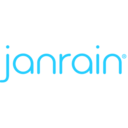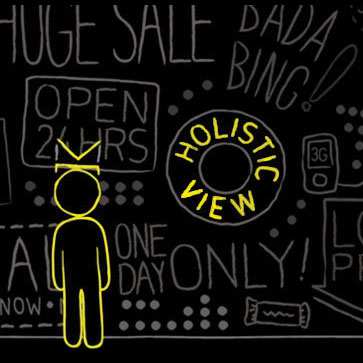Non-Human Traffic (NHT) Quality in Focus

Traffic quality is obviously a major concern for digital advertisers and online publishers are carrying the burden of proof, even as 80 percent admit they do not have the slightest clue about how traffic is being audited. This, of course, shines the spotlight once again on non-human traffic, and neither publishers or advertisers are going to be excited about what they find.
In a survey released from The 614 Group, and sponsored by Distil Networks, the "2017 State of Digital Publishers' Fight Against NHT: To Block NHT or Not to Block" revealed that 74 percent of publishers report that traffic quality issues are part of pre-sales discussions and 68 percent indicating they have received requests for information (FRIs) with "acceptable NHT thresholds, a disconnect leading to lost money and frustration for both parties.
"If publishers could understand the individual revenue impact from NHT activity on their own sites and beyond, they could easily make the case for the proper amount of resource investments to fight the issue. This would make the ROI calculation simple to make," said Rob Rasko, founder and CEO of The 614 Group. "And according to our survey a majority believe they would see an ROI, and beyond that, a premium could be charged for certified NHT-free traffic."
The report highlights the lesser known cascading negative effect of even nominal amounts of NHT. That is, the impact of bots collecting cookies on legitimate publishers' sites, only to lure those advertising dollars away to nefarious players. Additional highlights from the report, include:
+ Most publishers (77 percent) are victims of NHT; yet only 38 percent purchase traffic, meaning NHT is getting onto their sites through other means of no fault to the publisher. For this reason, many marketers are losing trust in the digital advertising marketplace.
+ Spurred by the Association of National Advertisers (ANA), marketers are no longer willing to pay for NHT. Seventy-four percent of publishers said that traffic quality issues are part of pre-sales discussions, and 68 percent said they've received RFIs mandating acceptable NHT thresholds.
+ The cost of fraud is greater than the NHT that arrives on a publisher's site. It should also include consideration of the ad units purchased by advertisers in the open ad exchanges like synthetic user profiles created by "cookied bots."
+ Publishers must draw a connection between the $8.2 billion lost to fraud and campaign-level damage. Almost 70 percent of publishers believe that it's possible to calculate the ROI of effective anti-NHT efforts on a per-campaign and per-client basis.
+ 70 percent of publishers believe it's possible to proactively block NHT, before a page loads and before cookies are set, yet less than one-third of the publishers take that approach.









